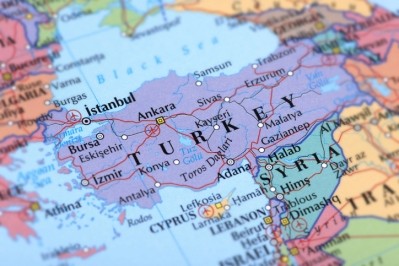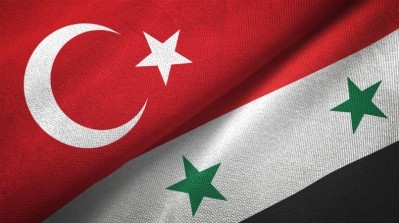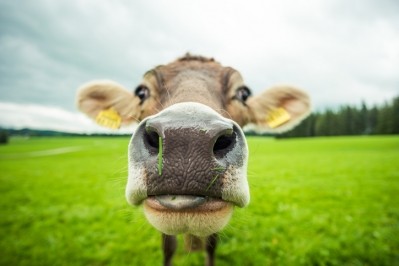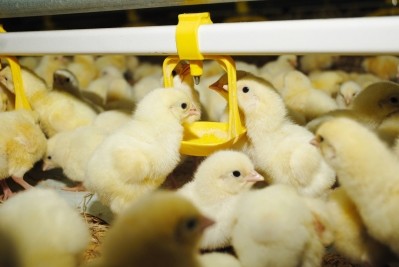Turkish poultry sector has 12 months to eliminate animal protein from feed
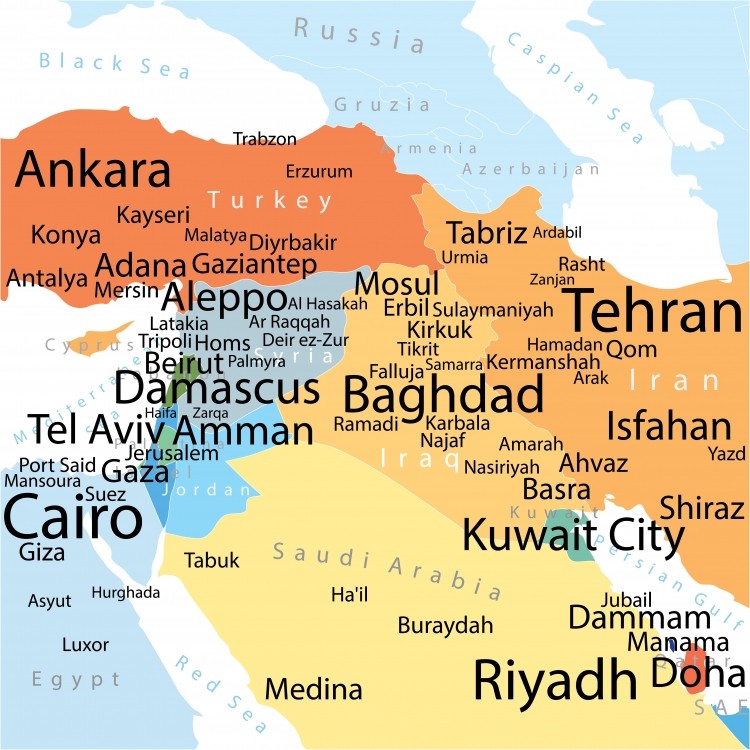
The Turkish government’s new restrictions on poultry feed were scheduled to come into force on 1 January 2016, after a five-year transitional period. However, after lobbying by the country’s poultry sector, the date of implementation has been pushed back a year.
The legislation will bring Turkey in line with the rest of Europe on this issue; the EU regulation 1069/2009/EC on ‘animal by-products not intended for non-human consumption’ came into force in December 2011. This regulation, which prohibited the feeding of animals with animal proteins of the same species, was passed in response to a number of BSE (Bovine Spongiform Encephalopathy) cases that had occurred in the EU.
Turkey’s main reason for changing its law on poultry feed is to satisfy the criteria for EU membership, as Kimberly Sawatzki, agricultural counselor with the US Embassy in Ankara, explained.
“Turkey is a candidate country for EU membership, and is currently harmonizing its regulations with the European Union. This legislation change would bring Turkey in compliance with the European Union,” she told FeedNavigator.
Bridging the feed gap
However, Turkish poultry producers have voiced concerns that even with the one-year extension, they will still struggle to import sufficient quantities of soybeans to replace the poultry by-products they are currently using in feed.
The USDA Foreign Agricultural Service (FAS) Global Agricultural Information Network (GAINS) reported that according to poultry sector representatives, 300,000 MT (metric tons) of feedstuffs were produced from poultry by-products in 2014. Of this total, 230,000 MT were produced from poultry meal (meat and blood meal) and 70,000 MT were from animal fats.
According to the FAS GAINS, the sector has estimated that if producers are unable to feed poultry by-products, Turkey will need to import 400,000 to 500,000 MT more soybeans, 30,000 MT of dicalcium phosphate and 80,000 MT of fats, to meet feed needs.
“Turkey is import-dependent for plant-based protein for animal feed. Turkey imported 2.6 million MT of soybeans and soybean meal in 2014,”wrote the FAS GAINS, in a report earlier this month.
Biotech regime creates barrier
Strict Turkish biosafety legislation stands in the way of upping soybean imports, as this limits the soybean traits that can enter the country’s food chain.
“To date, a total of only 32 biotech traits, of which seven are soybean and 25 are corn, are approved for use in animal feed in Turkey. As there are dozens more traits in production and traded worldwide, exports to Turkey face a risk of rejection if they contain an unapproved trait,” said Sawatzki.
The Turkish Ministry of Food, Agriculture and Livestock (MinFAL) claims that the Biosafety Board in Turkey has approved the genetically engineered soybean traits that the world currently uses, so import should not be a problem. However, according to the FAS GAINS report, Turkey has approved far fewer biotech traits for import than the EU.
The poultry sector has called for the Turkish government to revise its biosecurity rules in line with EU regulations.
Even if the current biosafety laws are relaxed, sector concerns still remain about the rise in production costs that will ensue from the new poultry feed restrictions; high import taxes and the falling value of the Turkish Lira make imported proteins a higher input cost.
